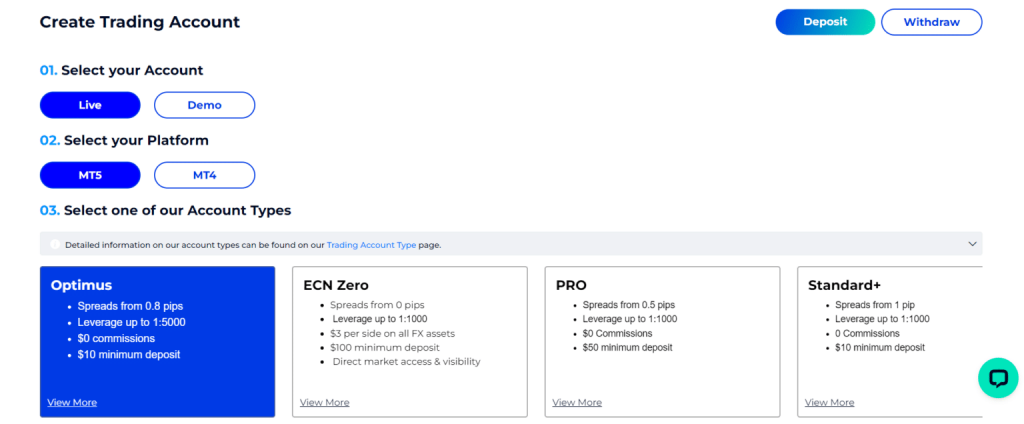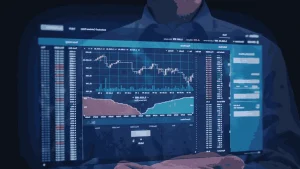Mastering High Leverage Trading
The South African forex trading landscape has experienced remarkable growth, with high leverage trading becoming increasingly prominent among traders seeking to enhance their market participation. The unique dynamics of the South African market, influenced by both local and international factors, create distinct opportunities for traders leveraging sophisticated trading strategies. The integration of the South African Rand (ZAR) in global currency markets offers traders exceptional prospects when combined with proper leverage utilization and robust risk management frameworks.

High Leverage Trading Fundamentals in South Africa
The South African forex market operates within a well-regulated environment, offering traders access to international trading platforms and leverage options. Local regulations and market conditions create a unique trading ecosystem that requires specific understanding and adaptation of trading strategies.
Core Elements of South African Forex Trading:
- Regulatory Framework and Compliance
- Market Hours and ZAR Trading Sessions
- Capital Flow Regulations
- Local Economic Indicators
- Risk Assessment Tools
- Position Sizing Models
- Cross-Border Trading Requirements
Strategic Risk Management for South African Traders
| Strategy Level | Risk Exposure | Suggested Leverage | Target Audience |
| Entry Level | Minimal | 1:50 – 1:100 | New Traders |
| Intermediate | Balanced | 1:200 – 1:400 | Experienced |
| Expert | Strategic | 1:400 – 1:500 | Professional |
Trading Techniques for the South African Market
South African traders employ diverse methodologies aligned with local market conditions. Volatility trading capitalizes on ZAR fluctuations during key market events. Range trading exploits predictable price movements during specific trading sessions. Trend following strategies incorporate both technical and fundamental analysis specific to the South African economic landscape.
Advanced Trading Methods:

- ZAR Pair Analysis
- African Market Correlation Trading
- Commodity-Currency Integration
- Economic Calendar Trading
- Multi-Time Frame Analysis
- Volume-Based Entry Strategies
- Volatility Pattern Recognition
Market Analysis Tools for South African Traders
| Tool Category | Purpose | Implementation |
| Local Market Indicators | Price Action | Entry/Exit Timing |
| SA Economic Data | Market Impact | Trading Decisions |
| Global Market Tools | Pattern Analysis | Strategy Development |
Critical Success Factors and Risk Mitigation
South African traders must navigate specific challenges in leveraged forex trading. Understanding local banking regulations impacts fund management strategies. Market liquidity variations during different trading sessions affect execution quality. Political and economic events unique to South Africa require specialized analysis approaches.
Essential Trading Guidelines:
- Compliance with FSCA Regulations
- ZAR-Specific Risk Management
- Local Market Timing Strategies
- Cross-Border Transaction Management
- Economic Impact Analysis
- Leverage Optimization
- Trade Documentation Requirements
FAQ
What leverage limits apply to South African forex traders?
South African traders typically access leverage ratios up to 1:500, subject to broker regulations and FSCA guidelines.
How does ZAR volatility impact trading strategies?
ZAR volatility requires adaptive position sizing and stronger risk management protocols, particularly during local market hours.
What are the key considerations for South African forex traders?
Primary considerations include local regulations, ZAR pair dynamics, economic indicators, and cross-border trading rules.
Can South African traders access international forex markets?
Yes, South African traders can access international markets through regulated brokers, following local exchange control regulations.
What's the most crucial aspect of leveraged trading in South Africa?
Understanding local market dynamics and maintaining strict risk management protocols while complying with FSCA regulations.













